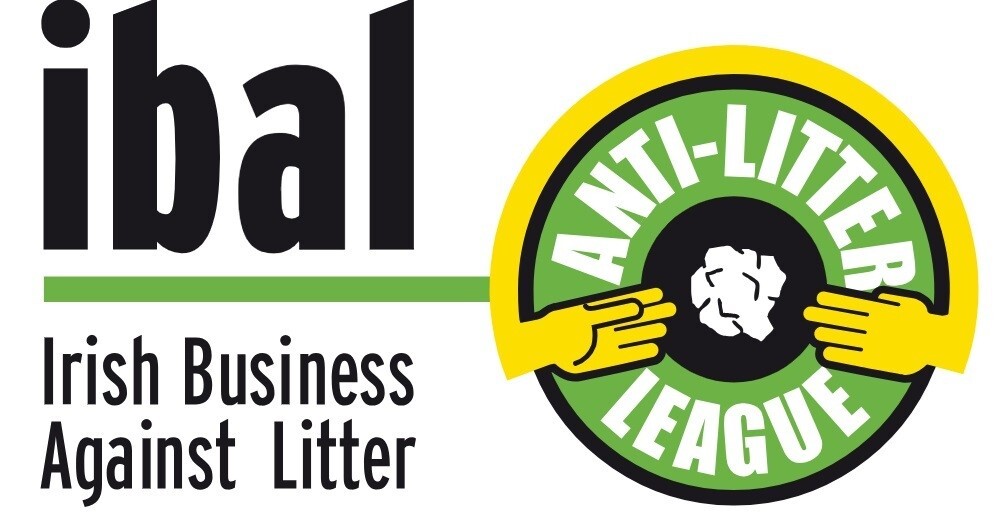

The first national litter survey by Irish Business Against Litter (IBAL) since the government's introduction of a deposit return scheme has shown a decrease in aluminium cans and plastic bottles on Irish streets, leading to an overall improvement in litter levels. There has been an almost 30 per cent reduction in aluminium can-related litter compared to the previous survey. Although plastic bottles are now less common than in any past survey, they remain Ireland's third most prevalent form of litter.

“Our study paints a much better picture than a few years ago, with levels of cleanliness definitely rising. Once again, no town was judged to be either a ‘litter blackspot’ or ‘heavily littered’ – that’s real progress, progress that has been hard earned in our cities.”
Overall, the number of clean sites across the country increased, while the number of sites deemed ‘heavily littered’ saw a significant decline. Naas topped the rankings among 40 towns and cities, a commendable achievement. However, it's important to note that Dublin City Centre remained ‘littered’ and showed no improvement.
This serves as a reminder of the ongoing challenges and the need for continuous efforts in litter control. The study, conducted by An Taisce for IBAL, revealed a notable rise in towns achieving the ‘Cleaner than European Norms’ status and a 35% decrease in the number of towns labelled ‘littered’.
“It’s early days and we’re still seeing too many plastic bottles on our streets, but we can expect further improvement as people become accustomed to the Deposit Return Scheme and the legacy non-returnable items are flushed out of the system. Ultimately, we should see can and plastic bottle litter disappear entirely. These initial results indicate that if there’s a monetary incentive to do the right thing, people will respond,” stated IBAL.



Responses






